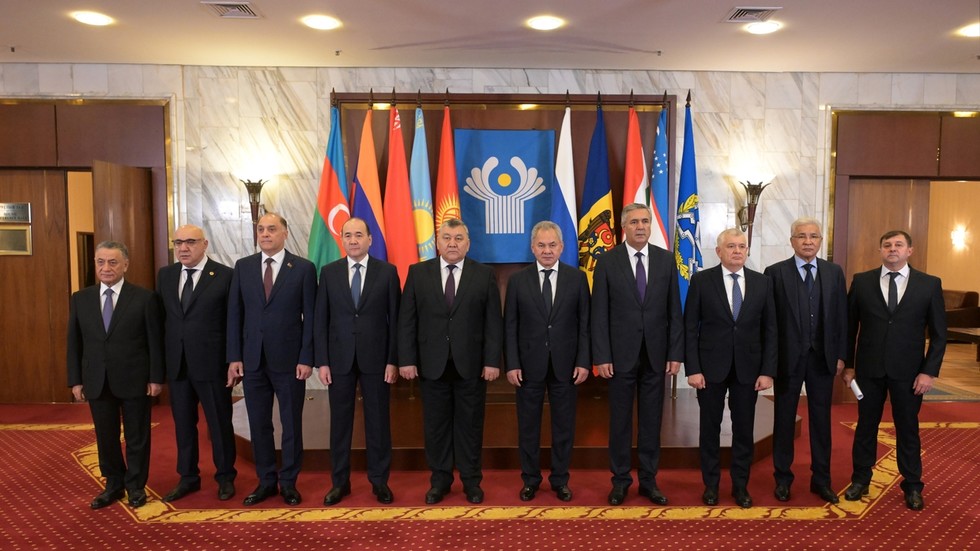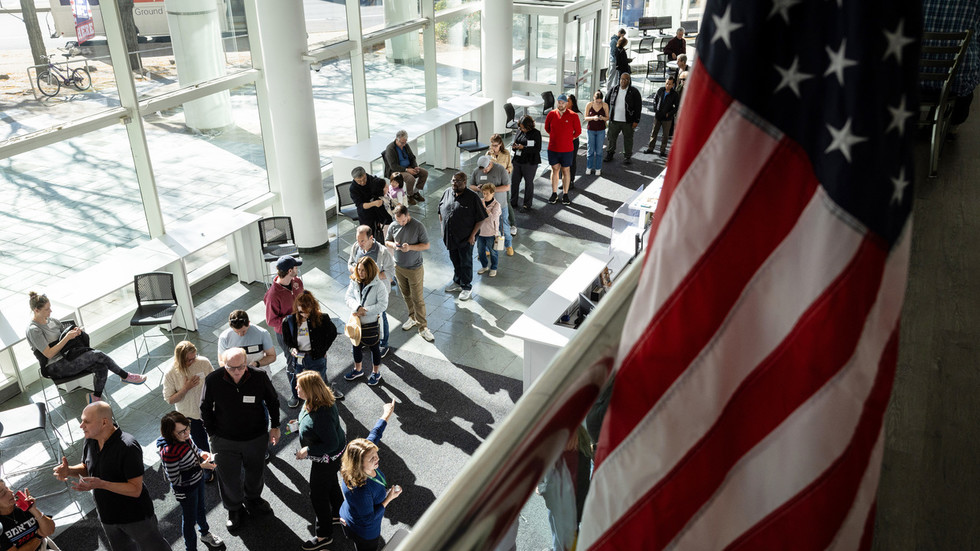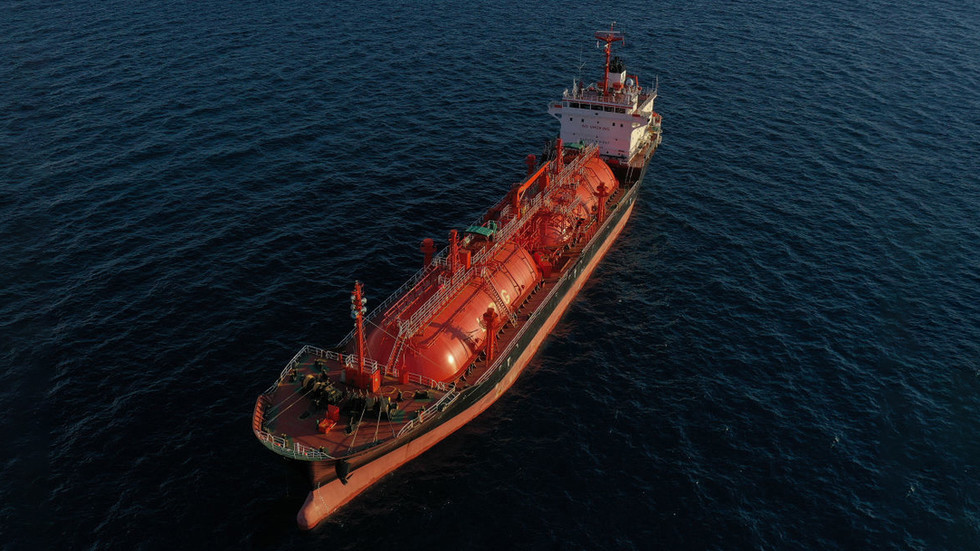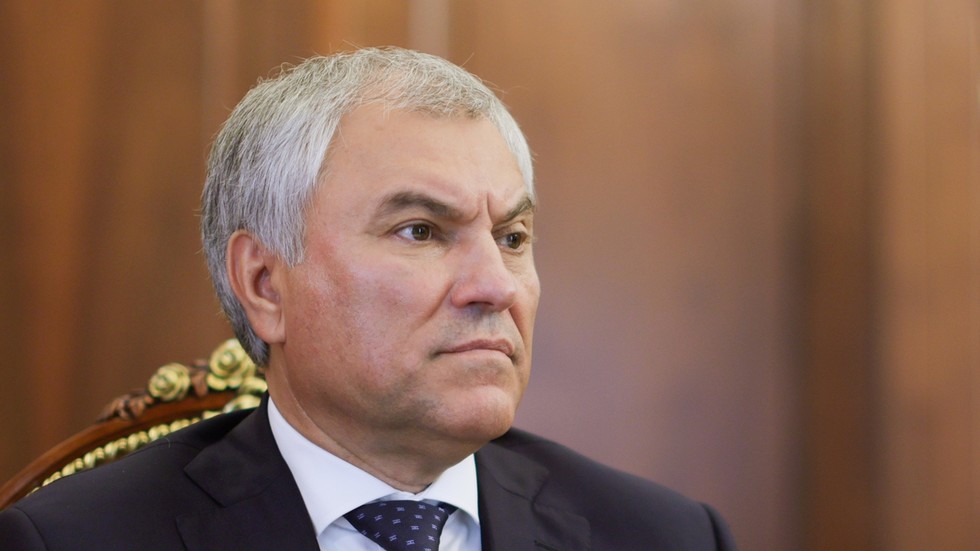Where is the "Kashcheyeva's Needle" of Lukashenko's regime? Will Europe slip into a "yard fight" with "mafiosi" in Minsk and Moscow? Writer, activist and political emigrant Sasha Filipenko tells Euronews about his hopes and fears for Belarus
On the night of 9-10 August 2020, thousands of Belarusians took to the streets of Minsk and other cities protesting against the announced results of the presidential election. In their opinion, Alexander Lukashenko's victory had been rigged. For many weeks, the peaceful Belarusian protest movement was covered by all the world's media; since then, the situation has changed dramatically. Sasha Filipenko, a Belarusian journalist, writer, literary prize winner and political activist living in exile, spoke to Euronews about four years of resistance, the fears and hopes of Belarusian society and life in and around a dictatorship.
Yulia Pukhlii, Euronews: Sasha, the protest movement in Belarus was brutally suppressed seven months later, in the last three years we have rarely seen Belarus in the news. How are things in your home country?
Sasha Filipenko: The people who hold power in Belarus are still trying to mop up every last bit of Belarus. Repression, unfortunately, continues. Every day there are searches, every day there are arrests, we see courts all the time and, I think, it only confirms that the protest has not stopped. It doesn't look as beautiful as the demonstrations of 2020, but these repressions, the constant temperature of maintaining repression shows that the Belarusian society, I am firmly convinced of it, has not given up. Belarusians have not given up and are looking for new ways of struggle and sabotage.
Yulia Pukhlii, Euronews: You were forced to leave the country and became one of the voices of this protest movement. You supported Maria Kolesnikova, who has been imprisoned in Belarus since 12 September 2020. According to her sister and father, there has been no contact with her for over a year. Her case is now being handled by the UN Working Group on Enforced or Involuntary Disappearances. Human rights activists hope that this group will send a request to the Belarusian authorities, and we will be able to find out something about Maria. Do you know anything?
Sasha Filipenko: Unfortunately, no. We have no contact not only with Maria, but also with other political prisoners. This is a huge number of people, whose condition we know nothing about, with whom we can't contact relatives, we can't send parcels. And it seems to me that it reminds of such a trade: the Belarusian authorities raise the stakes after the Europeans stop buying people as a commodity, stop exchanging political prisoners for sanctions. The Belarusian regime says:"Okay, then we raise the degree of violence. And now, if you don't want to buy hostages from us, we'll cut off all ties and you won't even know what's wrong with them." And of course, against the background of what happened to Alexei Navalny, this is a cause for excitement, because we have no idea now what is with these people. It's as if the Belarusian regime is testing how strong the hearts and souls of Europeans are, who certainly can't tolerate the fact that people are treated in such a way.
Julia Pukhlii, Euronews: You were talking about sanctions, so they don't work?
Sasha Filipenko: This is a very complex issue, I often discuss it at speeches or when I meet European politicians. I think we have very different ideas about the purpose of sanctions. The sanctions that are now directed against Russia, against Belarus, Russia can wage a war with these sanctions for another 100 years. We see that Russia produces much more, 4 times more shells than Europe produces, we see that it does it cheaper. It is such a great coquetry when we send Ukraine 12 points in Eurovision and despite the sanctions, we send a huge amount of money to Russia. We see that European countries are still buying energy resources, buying gold, buying coal from the same mines that they used to buy from Russia, only now that coal is going through Kazakhstan and Estonia. In this sense, I think that some sanctions are working, but they just look rather comedic.
Yulia Pukhlii, Euronews: Svetlana Tikhanovskaya, who headed the Coordinating Council to overcome the political crisis in Belarus (when she fled the country, where several criminal cases were opened against her), was received by leading European leaders, received by the President of the United States. In recent months we see Svetlana Tikhanouskaya less and less often, she participates in European and International forums. In your opinion, is Brussels' position on Tikhanouskaya, and on the opposition of Belarus in general, consistent?
Sasha Filipenko: I think so. And it seems to me that now it is already working in some other way. Apart from the fact that Svetlana Tikhanovskaya calls to pay attention to what is happening inside the country, she tries to help a huge number of Belarusians, who are now in Europe. It looks, on the one hand, like a leader of the opposition, and on the other hand, like a cabinet of ministers, which helps millions of Belarusians who have found themselves in Europe and have problems with documents, all the people who are left without documents face them. Of course, there is less interest in Belarus now, but we see the interest leaving Ukraine as well. I've formulated for myself that it's a bit like Netflix series: when people in Europe get very interested in the protests in Belarus, then the war in Ukraine, then when the conflict in the Middle East happens, everyone switches. It's as if we get tired of conflicts that are not resolved and we get involved in new conflicts with such interest, as in a new action film. Certainly, we in Belarus feel a little bit forgotten, we feel that we have already been given as a trophy to Moscow: if Moscow loses in this war, Belarus will be taken away as a trophy. And we feel that it is quite difficult for us to fight not only with our own dictatorship but also with a huge dictatorship that supports ours.
Yulia Pukhlii, Euronews: Lukashenko used to be called "the last European dictator". The Russian president visited him the other day, and Lukashenko was in Moscow on 9 May for the victory parade. Recently it was announced that the two countries will hold exercises using tactical nuclear weapons. The feeling is that the "last and penultimate dictators", as they are called in the Russian anecdote, feel very uninhibited. What do they want to show to the world, to Europe?
Sasha Filipenko: We are in Belarus, none of us considers Lukashenko a president. We consider him a man who holds power, no matter what he calls himself. We have seen this comedy inauguration when he inaugurates himself secretly - even from his associates. I think these people keep rattling their guns and scaring Europe because they think like Mafiosi and behave like Mafiosi. It seems to me that Lukashenko and Putin are ready for a yard fight and they are testing how ready Europe is for this fight. I think they want to show that they can do anything. Unlike many Europeans who still believe that the conflict(in Ukraine - Euronews) can be resolved diplomatically, they want to show that they are not going to give up. And in general, they are in a situation where they cannot give up. And they are at war not only with Belarusians, not only with Russians inside their country, not only with people in Ukraine, they are at war with the future. These are the people who are trying to turn both Russia and Belarus into the past, and in this sense they demonstrate that they have nowhere to retreat.
Yulia Pukhlii, Euronews: According to the constitution, elections in Belarus are held every 5 years. This means that next year there will be presidential elections again. What gave the 2020 protest movement? How might events develop?
Sasha Filipenko: I think it's quite difficult to make any predictions. I was at the protests in 2010: we were only 50 thousand people, and it was impossible to imagine that in 2020 millions of Belarusians will take to the streets. That's why it's hard for me now to imagine that there will be such mass protests in Belarus as there were in 2020. Absolutely, we can't imagine fair elections in Belarus, because the people who will hold these elections, they just hold the power for the last five years. For Belarusians, the "Kashchei's needle" is now in Moscow, and our future depends very much on what happens in the war between Russia and Ukraine, and on how Europe will treat Belarus. They often talk about "Europeans" and "Belarusians". But we say every time:"We are Europeans too, we are here, we are not some separate nation somewhere very far away! We are a part of the European family. And it seems to me that if Europe would be stronger in defending and sending a very clear signal that Belarus is a part of the European family, it would certainly help us.
Julia Pukhlii, Euronews: In 2021 you wrote an open letter to the President of the International Ice Hockey Federation, your letter was published by the leading European newspapers, and the World Ice Hockey Championship was held only in Latvia, not in Belarus. You wrote to the president of the International Red Cross because the NGO refused to visit prisoners in Belarusian prisons - prisoners who, according to human rights organisations, are and have been tortured. At the same time you are a successful writer. Your novels, written in Russian, have been translated into 20 languages and are published in solid editions. Do you feel more like a writer or a political activist?
Sasha Filipenko: Against the background of what happened in Belarus in 2020, against the backdrop of the war that started in Ukraine, you have to understand that it concerns you and as a writer you face the question of the power of literature, what you can do in your book and whether it is possible to write now - against the background of the war? But it is absolutely certain that you can write to tell about Belarus every day in the leading European publications, so that Belarus would not be forgotten. These texts, my open letters, appeared in connection with the indignation I felt, for example, when the president of the hockey federation said that Belarus should host the World Hockey Championship because nothing would ever change anyway. In this sense you feel like a writer, of course, but sometimes you realise that it is more important to pay attention to what is happening in your country now. In Belarus, unfortunately, we don't have many strong voices in Europe, so if you have such an opportunity, I think it's my duty to talk about the fact that catastrophic, unacceptable things are still happening.
Yulia Pukhlii, Euronews: Are your books published in Belarus? Do you exist for Belarusians as a writer?
Sasha Filipenko: The situation, like many other situations in Belarus, is rather surreal. Because, for example, performances of my plays are banned. A criminal case has been opened against me, but I still don't know under what article. Books are sometimes available in bookshops, but they are not on the shelves. That is, you have to ask the seller if there are books by Filipenko and he, like a drug dealer, says:"Yes, come with me, I'll give you a book".
Unfortunately, writers are listened to less and less often now, because if you read our books carefully, we wrote already in 2010 and 2014 that this war would happen. Writers are often called "alarmists." It seems to me that it's not so much that writers need advice, but that society should sometimes listen to writers. I was speaking in Berlin recently, and my speech was delayed for 40 minutes because I was being addressed by well-known German politicians. And I said then that I think this world would be a little bit better and I hope it would be better when politicians speak after writers, not the other way round.

 5 months ago
24
5 months ago
24









